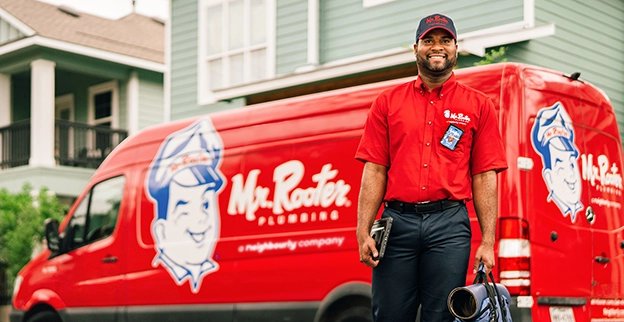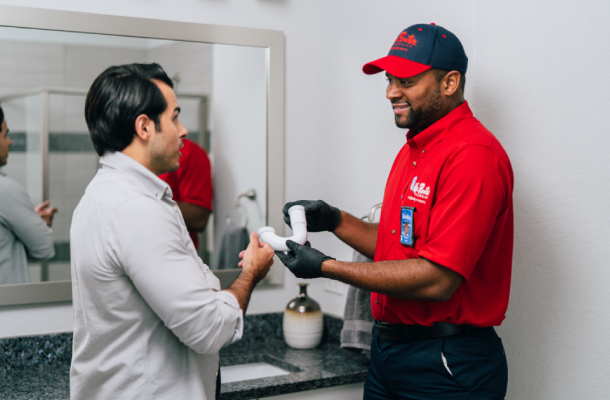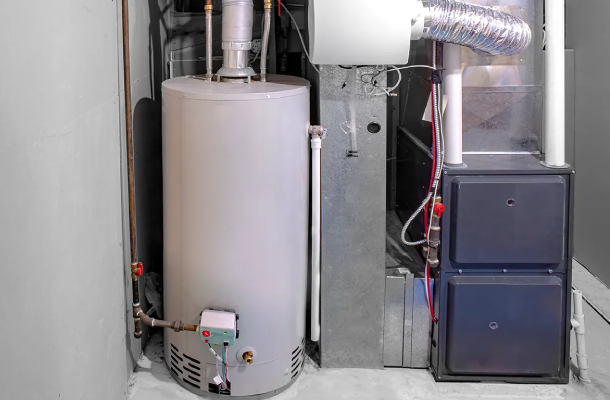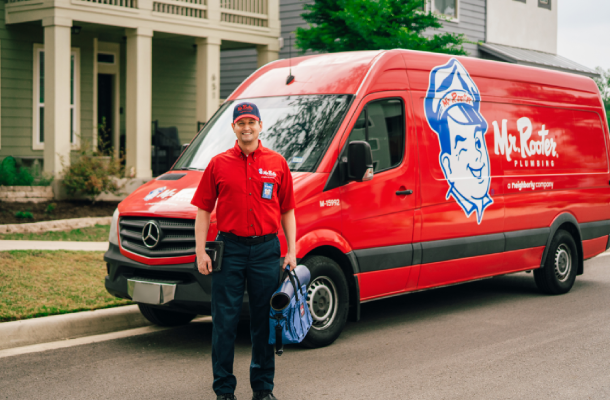When it comes to selecting which unit will work best for you, you can go with a more traditional unit equipped with a tank or a more modern tankless model. Whichever unit you decide to go with, they can be powered by either gas or electricity, but there are differences between them when it comes to their operation.
Tank Based
Tank-based units heat up water before it's needed, storing it inside the unit until it's ready to come out of your tap. The biggest downside to this more traditional model is that there is a short rest period before the unit can dispense more hot water. Generally, this type of model is recommended for smaller households.
Tankless Water Heaters
Tankless models have the advantage of having hot water on demand, delivering hot water whenever you need it. There's no recharge period involved. This model is recommended for larger households with many members, although it does come with a higher price tag compared to the tank-based model.
Gas
Gas water heaters operate by burning a fire at the base, bursting hot air up through a chimney that then ripples throughout the heater. The hot steam then flows through your water pipes, flowing out as hot water the moment you turn on your faucet.
As hot water is dispensed, cold water flows into the heater to be heated. If you experience a lack of hot water, it could be that one of the mechanisms involved is glitching. It's generally a sign that your water heater needs repair—although it could be a sign that your heater has hit its required recharge period.
If you're concerned about the skyrocketing costs of living and inflation, then a gas unit is the more affordable option as it comes with lower upfront installation costs. You'll also never need to worry about a power outage cutting off your supply of hot water.
One downside, though, is that you need to maintain your water heater. Gas-powered heaters require occasional cleanings to remove sediment build-up, including limescale deposits and carbon soot build-up. If you don't engage in regular maintenance, your unit will begin to corrode, and eventually, it'll start discharging discolored, rusty water.
Electric
Electric-powered heaters re-transfer cold water into the dip tube, igniting it using thermal energy via a heat-out pipe. Water is heated as it moves through your lines directly into your tap. Although electric units might be more expensive upfront than gas-powered units, they don't require as much upkeep.
Additionally, electric units don't break down or rust as easily, and you can save money on your monthly utility bills whilst enjoying a reduced eco-footprint due to your unit's energy-efficient nature. The one downside is that they do have a short start-up period, but then they'll produce bountiful hot water.









